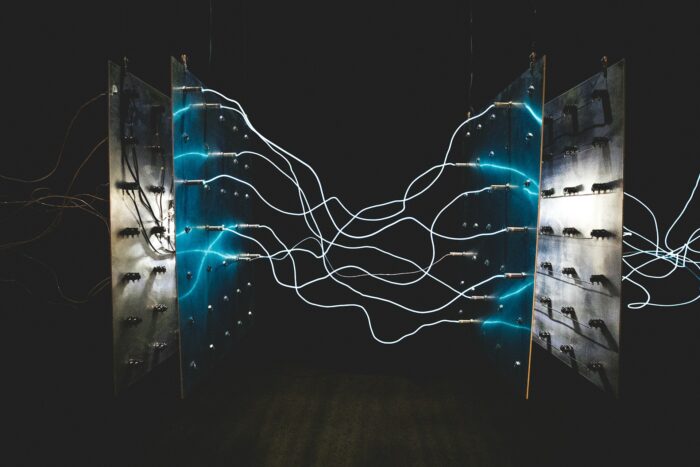The scientific community has been continuously trying to improve memory in adults, anticipating that by 2030, 955,900 Canadians will be projected to have dementia. Researchers have recently determined that just 20 minutes of electric current stimulation to specific parts of the brain responsible for memory can enhance anatomical growth and cause structural changes.

Photo by israel palacio on Unsplash.
The two types of memory examined in a new study by Grover et al. in Nature Neuroscience, and summarized by Nicole Wetsman, were specifically working memory (WM), which briefly stores and processes small amounts of information, as well as long-term memory (LTM) which recalls information over a longer time period. From the 60 participants who were enrolled (65-88 years of age), one group received electrical stimulation to the area of the brain responsible for WM, another received electrical stimulation to the area of the brain responsible for LTM, and a final group did not receive any electrical stimulation. For four consecutive days, these individuals received their assigned treatment at various frequencies, performing a free recall task each day. They were asked to remember 20 words from a list and the researchers observed how often words at the beginning (LTM) and end (WM) were remembered as per the serial position curve. Due to neuroplasticity, even after a month, the study’s participants performed better than at their baseline in both LTM and WM. It was also found that low, but not high frequencies improved WM on day 3, day 4 and 1 month after the intervention, whereas high, but not low frequencies improved LTM on days 2-4 and 1 month after the intervention.
Currently, such electrical devices are in the experimental phase due to mild side effects such as itching and tingling, but continuous efforts will be made to see if it is appropriate for future use. The participants were not diagnosed with dementia, and more testing will be done to see if the benefits of this stimulation may apply to other disorders like schizophrenia or obsessive-compulsive disorder. As this area of study has been gaining traction, researchers are certainly making strides to build a future where electrical stimulation can be used globally to improve memory for older populations.
Categorised in: Uncategorized
This post was written by Kaitlyn Hui
